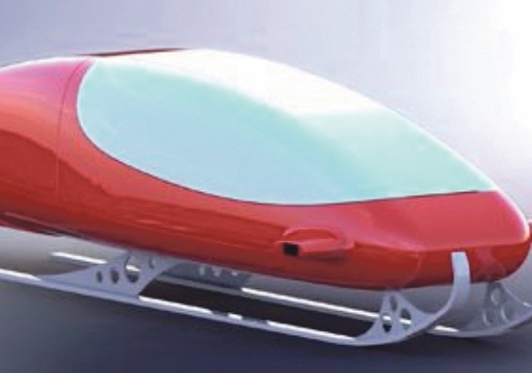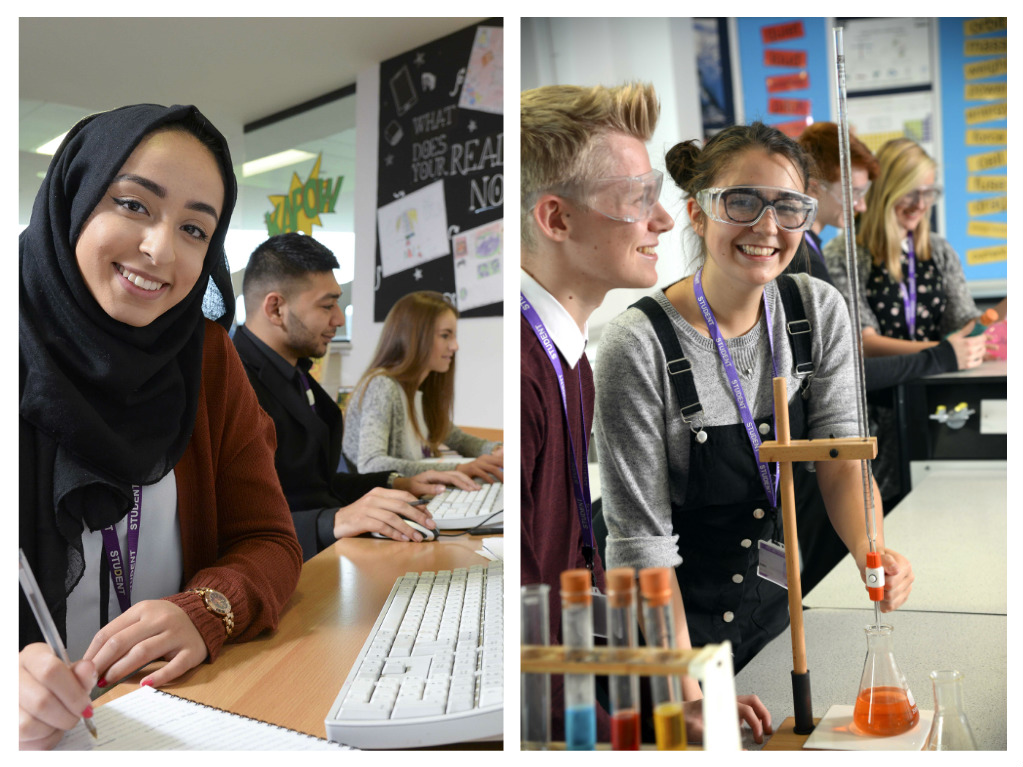
Huddersfield leads the way in renewable energy research
Research at the University of Huddersfield has never been ‘brighter’ as scientists take the lead on innovative designs for new flexible solar panels.
The project, named NanoMend, is funded by the EU’s Framework Seven research programme, and aims to improve the efficiency of the energy sources, whilst also cutting costs in manufacturing to create greater availability of the panels.
Its eventual goal is to develop new technologies for the detection, cleaning and repair of micro and nanoscale defects in thin films that are vital in products such as printed electronics and solar panels.
Libyan scientist, Mohamed Elrawemi, who is currently completing his doctoral studies at the university, is one of the leads on the initiative.
Supported by funding from the Libyan Government’s Higher Education Ministry, he is in the later stages of a PhD and has contributed to 23 papers dealing with aspects of the NanoMend research.
The latest, entitled ‘Metrology of Al2O3 Barrier Film for Flexible CIGS Solar Cells’, is due to appear in the new edition of the International Journal of Energy Optimization and Engineering.
Mohamed is the lead author for this article, and it takes its place in a sequence of papers that began in 2012 with a contribution to the International Journal of Energy Optimization and Engineering.
Other outlets have included the International Journal of Precision Technology, Surface Topography: Metrology and Properties and Thin Solid Films, in which one article by the Huddersfield-based researcher, rapidly gained a large number of downloads globally.
There have also been contributions to the published proceedings of several international conferences.
The NanoMend researchers at the University of Huddersfield have been working with Durham-based Centre for Process Innovation, a leading producer of printable electronics, including flexible solar panels.
In these products, a thin ‘barrier film’ is vital to protect the electronics. But tiny defects can allow the penetration of water vapour that can degrade the barrier and reduce the efficiency of the solar panel itself.
The team based at the Huddersfield EPSRC Centre have been working on a new metrology system that can detect tiny defects and will therefore aid the manufacture of roll-to-roll barrier film in large volumes.














